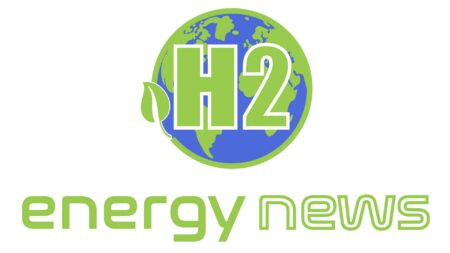A Memorandum of Understanding was signed by Fortum and Zero Avia to look into creating infrastructure for producing and refueling hydrogen at airports.
Browsing: Aviation
This was said by Christophe Arnold, the head of infrastructure for new energy at Airbus Zeroe, who was in Milan to attend the symposium on “Hydrogen and aviation” organized by Sea.
Universal Hydrogen has created a partnership with three Japanese companies to research—and eventually develop—a green hydrogen supply and logistics solution that would allow Japanese airlines to increase their use of hydrogen-powered aircraft in the near future.
A 40-passenger small airplane operated by Universal Hydrogen used hydrogen fuel cells for propulsion. From Grant County International Airport (KMWH), the aircraft, known as Lightning McClean, took off and made a 15-minute flight to a height of 3,500 MSL.
By 2025, a zero-emission technology developed by ZeroAvia should be able to carry 20-seat aircraft 300 nautical miles.
The first test flight of AMSL Aero’s Vertiia, the most effective and long-range electric vertical takeoff and landing (eVTOL) aircraft ever, has been successfully completed.
A new collaboration has been established by six international companies to develop zero-emission aircraft in New Zealand.
HevenDrones has unveiled its first hydrogen-fueled H2D55 drone as part of its ongoing attempts to develop more durable, environmentally friendly alternatives to lithium battery-powered UAV operations.
As part of Airbus’ goal to provide the first zero-emission commercial aircraft to the market by 2035, Nidec Leroy-Somer has signed an agreement to create an electric motor for its hydrogen-powered fuel cell engine prototype.
In a new collaboration between oil giant Shell, UK hydrogen aviation pioneer ZeroAvia, and Rotterdam The Hague Airport, commercial hydrogen-powered flights from Rotterdam are planned for 2025.



